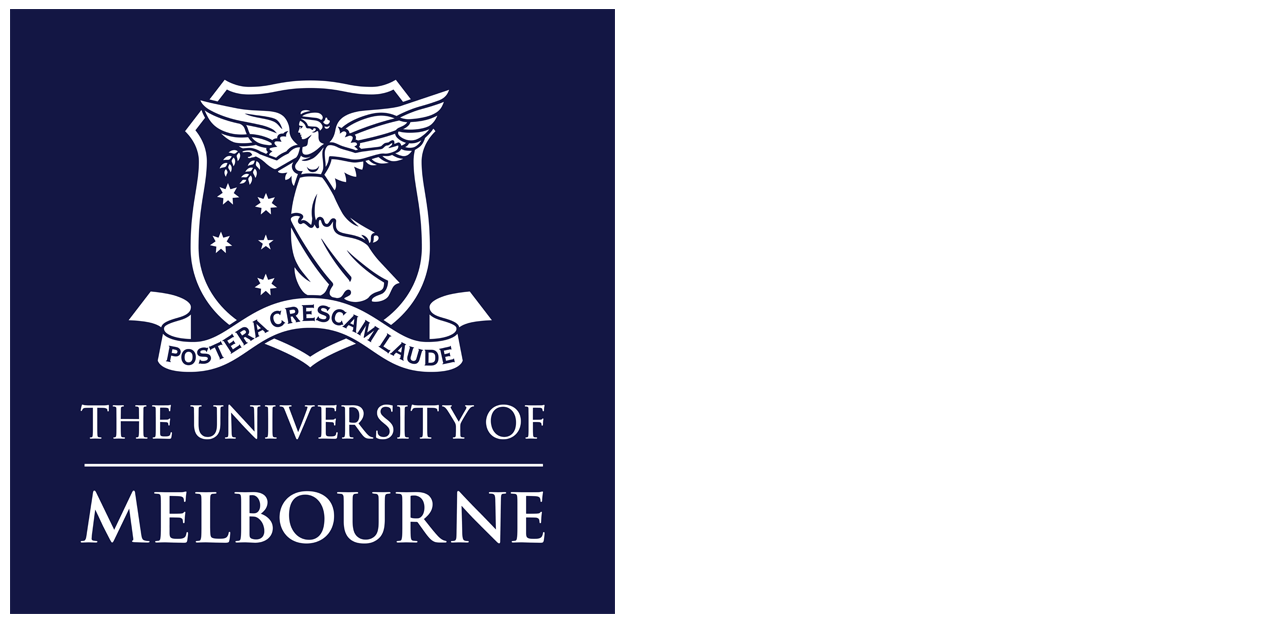

In 2020, this all-female team received a Seed Fund Award from the Melbourne Centre for Data Science to build a digital platform for robust, automated image selection and immune cell analysis of human corneal confocal images.
A typical confocal imaging session yields several hundred images per patient, varying in quality and often overlapping in field of view. Currently, these images are manually reviewed, in order to select a high-quality non-overlapping image set of manageable size for subsequent analysis. The density and morphology of corneal immune cells present in these images can be used as markers of ocular and/or systemic disease.
As stated, this evaluation is currently undertaken manually, which is time-consuming, poorly reproducible, and subject to bias. The team has developed a methodology that builds on deep learning and signal processing techniques to minimise the time required for identifying and analysing patient image datasets.
Join us as for a presentation on their work to date.
Format:
40 min presentation
20 min Q&A
Light lunch - if attending in person
A/Prof Downie is a clinician scientist who has gained international recognition for research excellence in ocular disease, with awards, highly cited papers, patents, international speaking engagements and appointments to key professional bodies.
She is an Associate Professor and an inaugural Dame Kate Campbell Fellow in the Department of Optometry and Vision Sciences in the Faculty of Medicine, Dentistry and Health Sciences.
Prof Karin Verspoor
Prof Verspoor’s research primarily focuses on the use of artificial intelligence methods to enable biological discovery and clinical decision support, through extraction of information from clinical texts and the biomedical literature and machine learning-based modelling.
Karin is Dean of the School of Computing Technologies at RMIT University in Melbourne, Australia. She held previous posts as Director of Health Technologies and Deputy Head of the School of Computing and Information Systems at the University of Melbourne, as the Scientific Director of Health and Life Sciences at NICTA Victoria Research Laboratory, at the University of Colorado School of Medicine, and at Los Alamos National Laboratory.
She is also the Victorian Node lead and co-founder of the Australian Alliance for Artificial Intelligence in Health.
Dr Holly Chinnery
Dr Chinnery is internationally recognised as a leading expert in basic science research into corneal immunology, inflammation and neuroimmunology.
She is a teaching and research academic in the Department of Optometry and Vision Sciences (The University of Melbourne), and head of the Corneal and Ocular Immunology laboratory.
Dr Chinnery’s current research is aimed at understanding how the corneal nervous and immunological systems interact in the context of homeostasis, inflammation, injury and during metabolic and neurodegenerative diseases. Pre-clinical, fundamental research studies are designed to closely mimic conditions affecting the human ocular surface. This mouse-human translation approach is made possible by a close collaboration with Associate Professor Laura Downie, a clinician-scientist who leads the Anterior Eye, Clinical Trials and Research Translation Unit at the University of Melbourne. Together, they co-lead the FrontTear Research Centre.
Dr Chinnery is a long-standing member of the Association for Research in Vision and Ophthalmology (ARVO), is currently on the ARVO awards committee, and is an Associate Editor for Clinical and Experimental Optometry and Clinical and Experimental Ophthalmology.
Dr Vlada Rozova
Dr Rozova is a Research Fellow at the RMIT University passionate about using machine learning and statistical analysis to enhance our understanding of diseases and create better diagnostic and prognostic tools.
She has always been fascinated by the complexity of cancer mechanisms. In her PhD she applied machine learning to clinical and microscopy images to gain insight into the processes of tumour growth and metastasis.
Early diagnosis and accurate prediction of disease progression are key to choosing the right therapy and improving the outcomes of patients. she is particularly interested in using deep learning for computer-aided diagnosis and developing tools for personalised medicine.